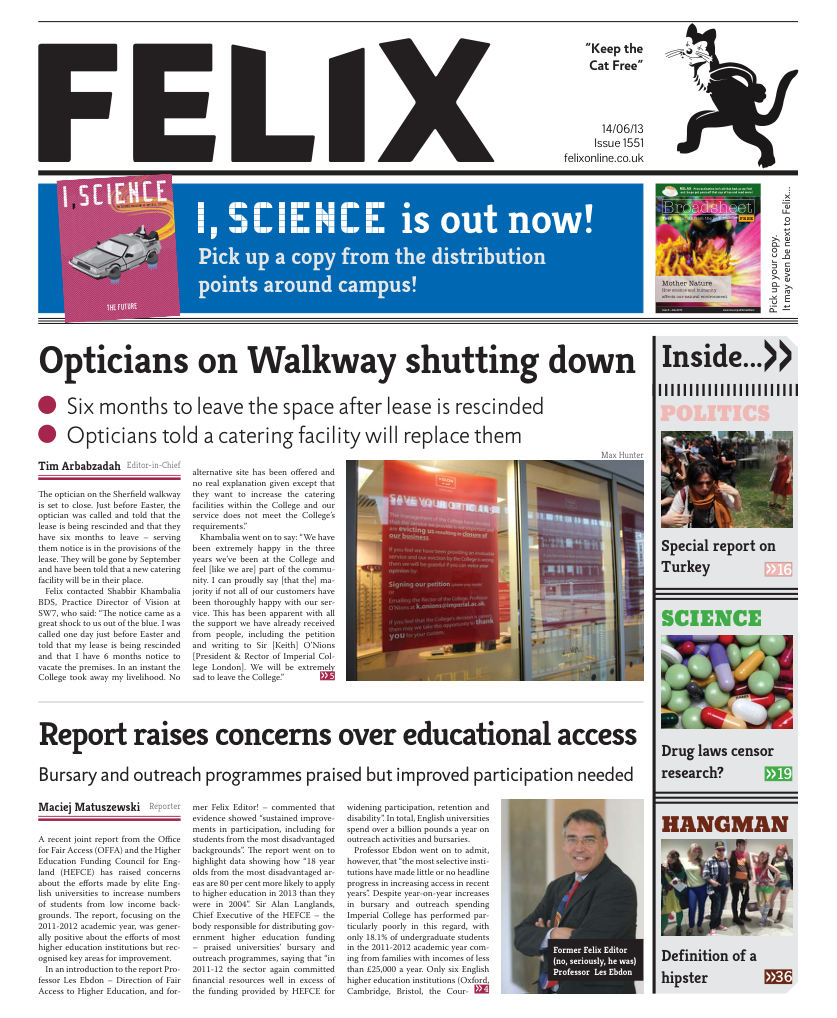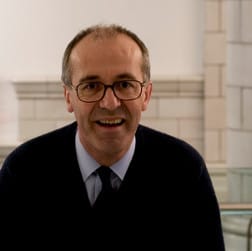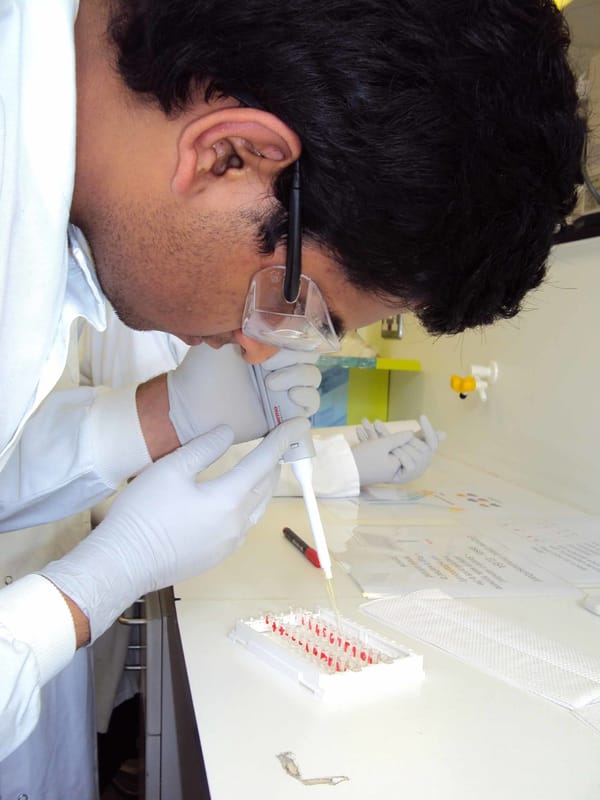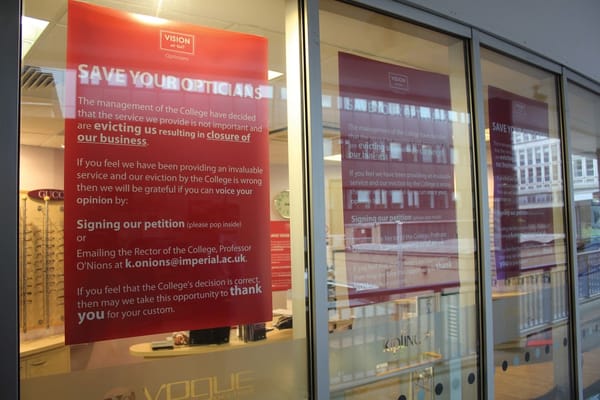Global biomedical hub to be built in London
Collaboration between the big dawgs in London
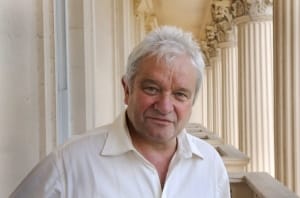
A £650 million medical research centre is under construction in London. Funded by the Medical Research Council, Cancer Research UK, the Welcome Trust as well as Imperial College London, University College London and King’s College London. The Francis Crick Institute will be based in King Cross next to St Pancras International station and will open in 2015.
The institute will have 1,500 staff, including 1,250 scientists, and an annual budget of about £120 million. The biomedical super-laboratory aims to attract the ‘brightest and best’ as it will launch a global search for new talent to conduct the research into cancer, the immune system and infectious diseases.
It has been named in honour of Francis Crick, whose work identified the structure of DNA and won him and two colleagues the Nobel Prize in Physiology or Medicine in 1962.
Nobel prize-winning scientist Sir Paul Nurse, director of the institute, spoke to Nature about the new centre. He said that the quality of the employees will have a huge impact as they are the ‘people who move the needles’. He says that the major role of the Crick centre is to act as a source of high-quality talent to support biomedical research effort throughout the country.
Sir Paul said: “We support the scientist and the other institutions that take them, so they get a flying start to their career. We will focus on the quality of the individual rather than saying, ‘We are going to work on stem cells or DNA therapy’.”
He also commented on how it was unique to form a partnership between the UK’s three largest funders of biomedical research and three “rival” London universities.
“We are trying to put something in place that reduces all sorts of boundaries that can get in the way of research,” said Sir Paul. “The major universities in London tend to compete. Here it’s the opposite. They have all got together to support this endeavour. It’s a major contribution to London science.”
The Francis Crick Institute will not have the clinical facilities for the research and will depend on the three universities for this. One of the themes isto pursue multidisciplinary research in both the clinical and physical science setting.
Sir Paul said: “What we’re also trying to do is have a culture where the investigator will look beyond the research they’re doing, into how it can be used. That will apply to universities but it will also apply to the National Health Service (NHS) and also to the pharmaceutical and biotech industries.”

